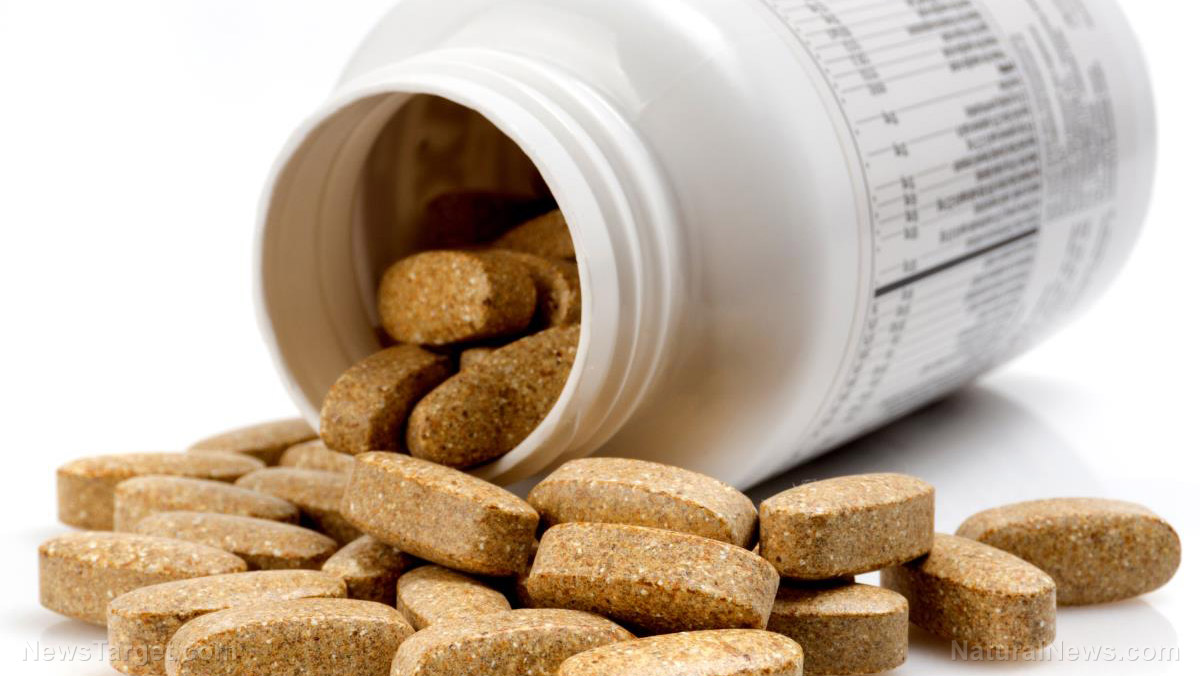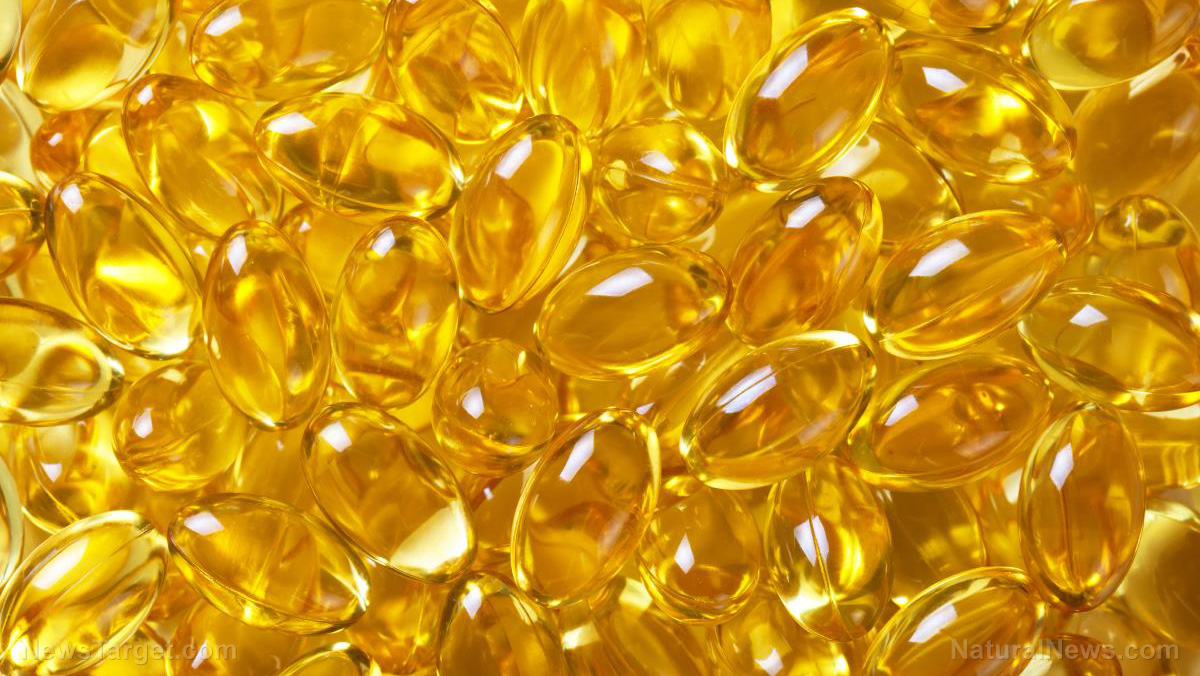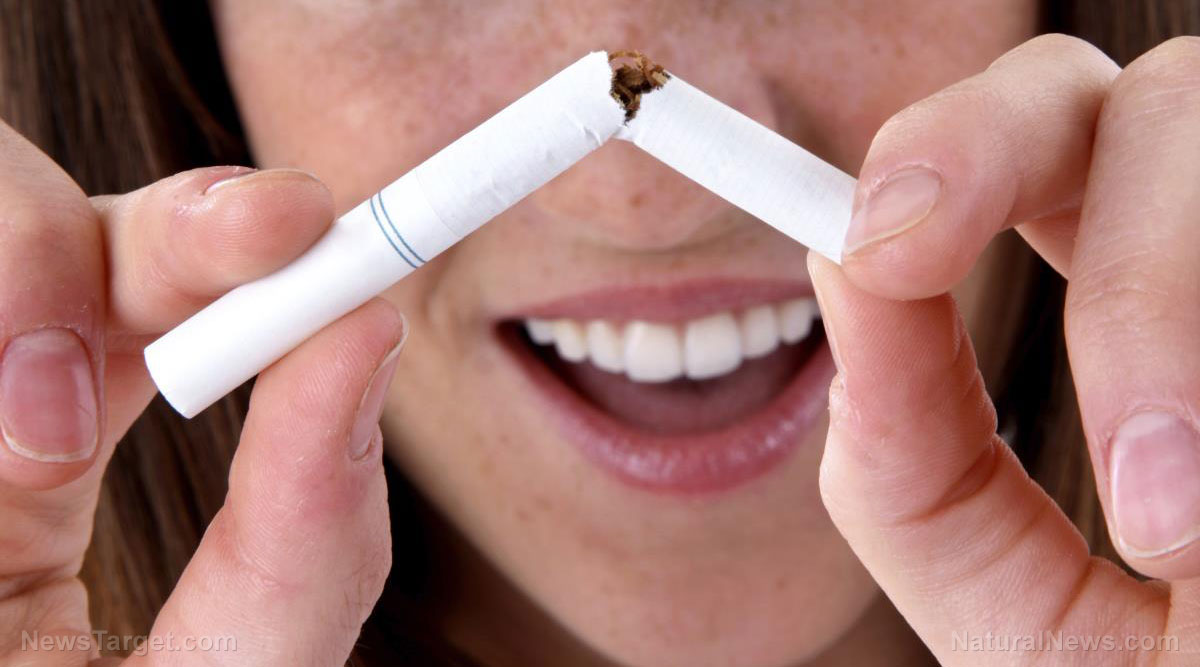Researchers eye N-acetylcysteine as a potential natural treatment for psychiatric conditions like depression and schizophrenia
11/19/2020 / By Virgilio Marin

N-acetylcysteine (NAC) is a supplement form of the amino acid cysteine. It plays an important role in your body’s detoxification process and helps mitigate the side effects of drugs and environmental toxins. In fact, it is commonly used to treat people who overdose on acetaminophen (Tylenol), which can cause acute liver toxicity when taken in large doses.
Due to NAC’s detoxifying effect, researchers have begun to explore the potential of NAC for treating addictive behavior and psychiatric disorders, such as schizophrenia and depression. Read the following summary to see what the studies say.
Exploring NAC for treating psychiatric disorders
In a 2016 review, Australian and Brazilian researchers analyzed placebo-controlled studies on the use of NAC as a stand-alone treatment for people with depression, bipolar disorder and other psychiatric disorders. The researchers found that NAC alleviates depression symptoms, improves global functionality and has good tolerability.
In a 2014 study of people with clinical depression, volunteers who took NAC along with their usual antidepressants had greater improvements than those who took a placebo along with their antidepressant medication.
Other studies suggest that NAC can alleviate the symptoms of schizophrenia and bipolar disorder by reducing oxidative stress, which is typically elevated in people with these disorders. In a 2019 study, Australian and British researchers found that taking 2,000 milligrams (mg) a day of NAC may help the mood of those suffering from bipolar disorder.
Meanwhile, a 2008 study shows that individuals with schizophrenia who failed to respond to antipsychotic drugs like clozapine can benefit from taking 1,000 mg of NAC twice daily. According to the researchers, volunteers who received NAC experienced improvements in their apathy and social withdrawal and displayed fewer involuntary movements caused by their medications. (Related: Antipsychotic drugs cause rapid weight gain, abnormal eating behavior.)
NAC can also be used to treat substance use disorders and impulse control disorders such as hair pulling and pathological gambling. In a 2007 study, American researchers found that NAC may reduce the intensity of cocaine withdrawal and craving during the early stages of recovery. Meanwhile, in a 2007 placebo-controlled study, more than 80 percent of pathological gamblers who took 1,800 mg of NAC a day for eight weeks reported significant reductions in gambling.
NAC has many mechanisms of action that can explain these findings. For one, it is a precursor of glutathione, an antioxidant that helps reduce cell damage caused by oxidative stress. NAC also decreases the levels of molecules in the blood that trigger inflammation in the body, such as interleukin-6. Research shows that interleukin-6 can contribute to the development of schizophrenia, bipolar disorder and depressed mood.
Moreover, NAC helps regulate levels of the neurotransmitters glutamate and dopamine. While glutamate is required for normal brain activity, excess glutamate can cause brain damage, especially when paired with low glutathione levels. Meanwhile, dopamine deficiency causes symptoms like mood swings, thoughts of self-harm and hallucinations and has been linked to Parkinson’s disease and depression.
Guidelines on taking NAC supplements
The optimal dosages of NAC are yet to be established, though many researchers recommend taking 600 to 1,800 mg of NAC a day. The supplement can be administered intravenously or taken orally in liquid or powder form. Keep in mind that people with bleeding disorders or taking blood-thinning medications should avoid taking NAC as it may slow down blood clotting.
Alternatively, you can boost your cysteine levels by consuming more foods rich in folate, vitamin B6 and vitamin B12. These nutrients are found in bananas, beans, lentils, spinach, salmon and tuna.
Learn more about the health benefits of NAC at BrainNutrients.news.
Sources include:
Submit a correction >>
Tagged Under:
alternative medicine, anxiety relief, beatdepression, bipolar disorder, brain health, cognitive health, cysteine, depression, disease treatments, food cures, impulse control disorders, mental health, N-Acetylcysteine, natural cures, natural medicine, nutrients, prevention, psychiatric disorders, remedies, schizophrenia, substance abuse disorder, supplements
This article may contain statements that reflect the opinion of the author
RECENT NEWS & ARTICLES
BrainNutrients.News is a fact-based public education website published by Brain Nutrients News Features, LLC.
All content copyright © 2018 by Brain Nutrients News Features, LLC.
Contact Us with Tips or Corrections
All trademarks, registered trademarks and servicemarks mentioned on this site are the property of their respective owners.





















